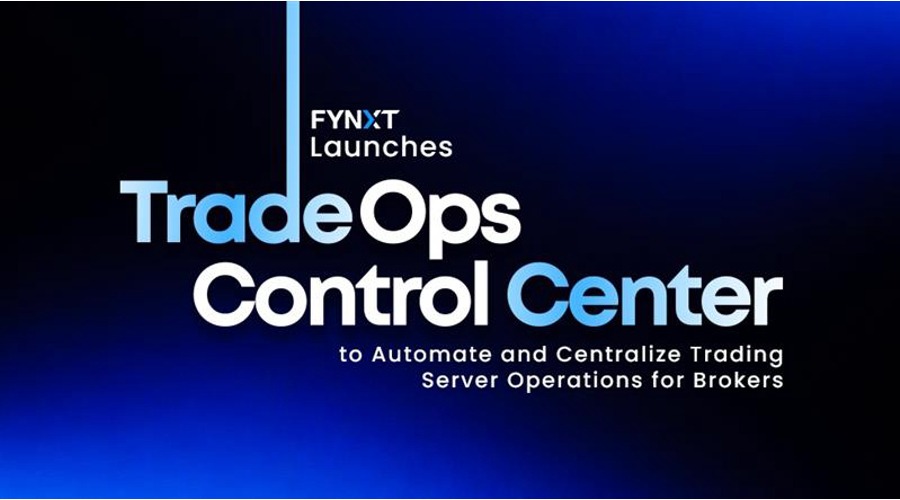Regtech, or regulatory technology, has emerged as a disruptive force in the financial industry, transforming compliance and risk management operations. Artificial intelligence (AI) is at the center of this transformation, a technology that uses powerful algorithms and machine learning to automate and optimize regulatory processes.
In this article, we'll look at the role of AI in Regtech and how it may help with compliance and risk management in the financial sector.
Automation of Compliance Processes: Improving Efficiency and Accuracy
Regtech solutions driven by AI automate and expedite compliance operations, lowering the strain of manual activities and increasing productivity. These technologies can evaluate massive amounts of data in real time, such as regulatory requirements, legal documents, and transactional data. They can detect patterns, anomalies, and potential compliance violations faster and more accurately than traditional human techniques.
AI algorithms, for example, can evaluate and extract relevant information from complicated regulatory documents, such as legislation or regulatory filings, to ensure that firms remain up to date and in compliance with changing requirements. This automation saves time and money, allowing compliance teams to focus on more important duties like risk assessment and strategic decision-making.
Furthermore, AI may do continual transaction monitoring and surveillance, detecting unusual activities that may signal potential money laundering, fraud, or other compliance problems. These real-time alerts enable firms to take prompt action, explore potential concerns, and proactively manage risks. AI-powered Regtech solutions help firms stay compliant with regulatory standards by automating compliance activities, reducing the risk of costly penalties and reputational damage.
Predictive Insights and Scenario Analysis to Improve Risk Management
The capabilities of AI extend beyond compliance automation and into advanced risk management strategies. AI can provide predictive insights into potential dangers and weaknesses by evaluating massive amounts of data and discovering trends. This predictive power helps firms to foresee and resolve hazards before they occur, hence improving risk management techniques.
To identify potential risk causes and market shifts, AI systems can evaluate historical data, market patterns, and macroeconomic indicators. This study can assist businesses in making educated decisions and adjusting their risk exposure as needed. AI-powered models may also simulate different scenarios and assess the possible impact on portfolios, capital requirements, and liquidity. This scenario analysis gives firms a better knowledge of potential hazards and enables them to build effective risk mitigation measures.
In addition, AI can evaluate unstructured data from a variety of sources, including news articles, social media, and analyst reports, to identify emerging risks and trends. This analysis assists companies in staying informed about external influences that may have an impact on their risk profiles. Organizations can achieve a competitive advantage in risk management by making data-driven choices and adjusting swiftly to changing market conditions by leveraging the potential of AI.
Regulatory Reporting and Transparency: Process Improvements
Regulatory reporting is an important part of finance industry compliance. Regtech solutions powered by AI streamline and increase the accuracy of regulatory reporting processes, lowering the risk of errors and increasing transparency.
Data gathering, consolidation, and validation from multiple internal and external sources can be automated using AI algorithms. This automation reduces the need for time-consuming and error-prone manual data entry. Organizations may assure the integrity and consistency of reported data while saving critical time and resources by automating the reporting process.
Furthermore, AI can improve data analytics and visualization, enabling firms to create comprehensive reports and dashboards that provide a full perspective of their compliance and risk management efforts. Organizations can use these visualizations to analyze trends, patterns, and potential areas for improvement. AI-powered Regtech solutions improve transparency and facilitate decision-making for both internal stakeholders and regulatory bodies by providing data in a clear and accessible manner.
Addressing Ethical and Regulatory Concerns: Challenges and Considerations
While the potential benefits of AI in Regtech are significant, firms and regulators must handle several obstacles and issues. Ethical considerations such as algorithmic bias, fairness, and openness necessitate close scrutiny. To minimize biases and avoid biased outcomes, organizations must ensure that AI models are trained on diverse and representative datasets.
To maintain adequate monitoring and regulation, regulators must also keep up with the rapid improvements in AI-powered Regtech. To address challenges such as data privacy, security, explainability, and responsibility, clear norms and procedures should be established. Collaboration between industry stakeholders, regulators, and technology providers is critical for effectively navigating these obstacles.
The synergy of regTech and AI: achieving efficiency across the value chain
When RegTech and AI are combined, they create a powerful synergy that can optimize operations along the value chain, enhance efficiency, and improve resource allocation.
The combination of AI and RegTech can optimize resource allocation and improve operational efficiency. By automating compliance tasks, businesses can reallocate human resources to more strategic initiatives, such as risk management, customer experience, or innovation. AI algorithms can continuously learn from data and improve their accuracy, allowing businesses to make informed decisions, optimize workflows, and allocate resources more effectively. This collaboration streamlines processes, reduces costs, and enhances operational efficiency throughout the value chain.
Moreover, the collaboration of RegTech and AI empowers organizations to make data-driven decisions at every level. AI algorithms can analyze vast volumes of data from multiple sources, extracting meaningful insights and identifying trends that inform strategic choices. RegTech solutions provide the necessary compliance frameworks and regulatory guidelines to ensure that data-driven decisions align with legal and industry standards. By leveraging the power of data analytics and regulatory expertise, businesses can optimize resource allocation, identify operational inefficiencies, and make informed decisions that drive efficiency gains across the value chain.
The Future of Artificial Intelligence in Regtech
As AI evolves and matures, its involvement in Regtech is projected to substantially increase. Natural language processing, deep learning, and explainable AI advances will boost the capabilities of AI-powered Regtech systems, allowing for more complex compliance and risk management processes.
Furthermore, combining AI with other emerging technologies such as blockchain and the Internet of Things (IoT) will open up new avenues for secure and transparent regulatory reporting, identity verification, and fraud detection.
Finally, AI is transforming Regtech by improving compliance and risk management in the financial industry. AI-powered Regtech solutions help firms stay compliant, manage risks, and make data-driven choices by automating compliance procedures, giving predictive insights, expediting regulatory reporting, and boosting transparency. Addressing ethical concerns and regulatory considerations, on the other hand, will be critical to realizing the full potential of AI in Regtech and creating a trustworthy and resilient financial environment.

















